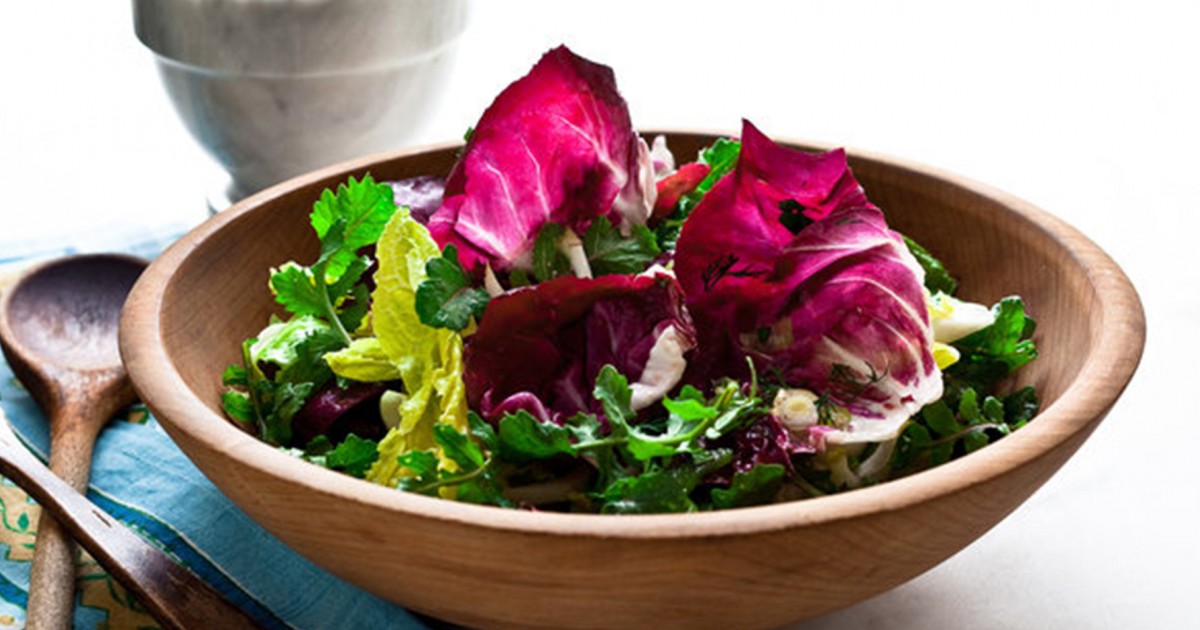What Is A Bitter Herb?
Healthy Herbs

The use of bitter herbs is an evolved taste, which aids digestion and will reduce food sensitivities, leaky gut syndrome, and autoimmune reactions. Bitter herbs promote healthy bowel regularity and reduce bowel restrictions such as constipation. As previously mentioned, bitters have long been used in aiding digestion and stimulating an appetite. Other incredible benefits of these herbs are that they release digestive enzymes from the pancreas, duodenum, and liver that aid with digestion and removing toxins from the body, and they also stimulate the smooth muscle of the stomach to increase the rate of emptying the stomach to prevent vomiting.
Bitters have also been proven to regulate the secretion of the pancreatic hormones that help to regulate the body’s blood sugar, insulin, and glucagon levels, and bitters also help with repairing tears in the gut wall. Bitters are part of a holistic approach to health, which utilizes plants to combat illness, promote healing and instill balance in the body.
How To Incorporate Bitter Herbs Into A Diet

One of the best ways to introduce bitterness into a person’s life is to incorporate the bitter taste of nutrient-dense greens into salads. Chicory, dandelion, arugula, radicchio, or endive are all wonderfully complex-tasting greens that can be grown in a garden and found at a local farmers’ market, or even the grocery store. Individuals should slowly increase their proportion to the sweeter tasting lettuces to build up a tolerance for the taste. Bitter tasting roots, such as dandelion or burdock, can also be included in stir-fries or soups. Teas or other warm drinks are the easiest ways to incorporate chamomile and peppermint, and milk thistle can be taken in a supplement form.
